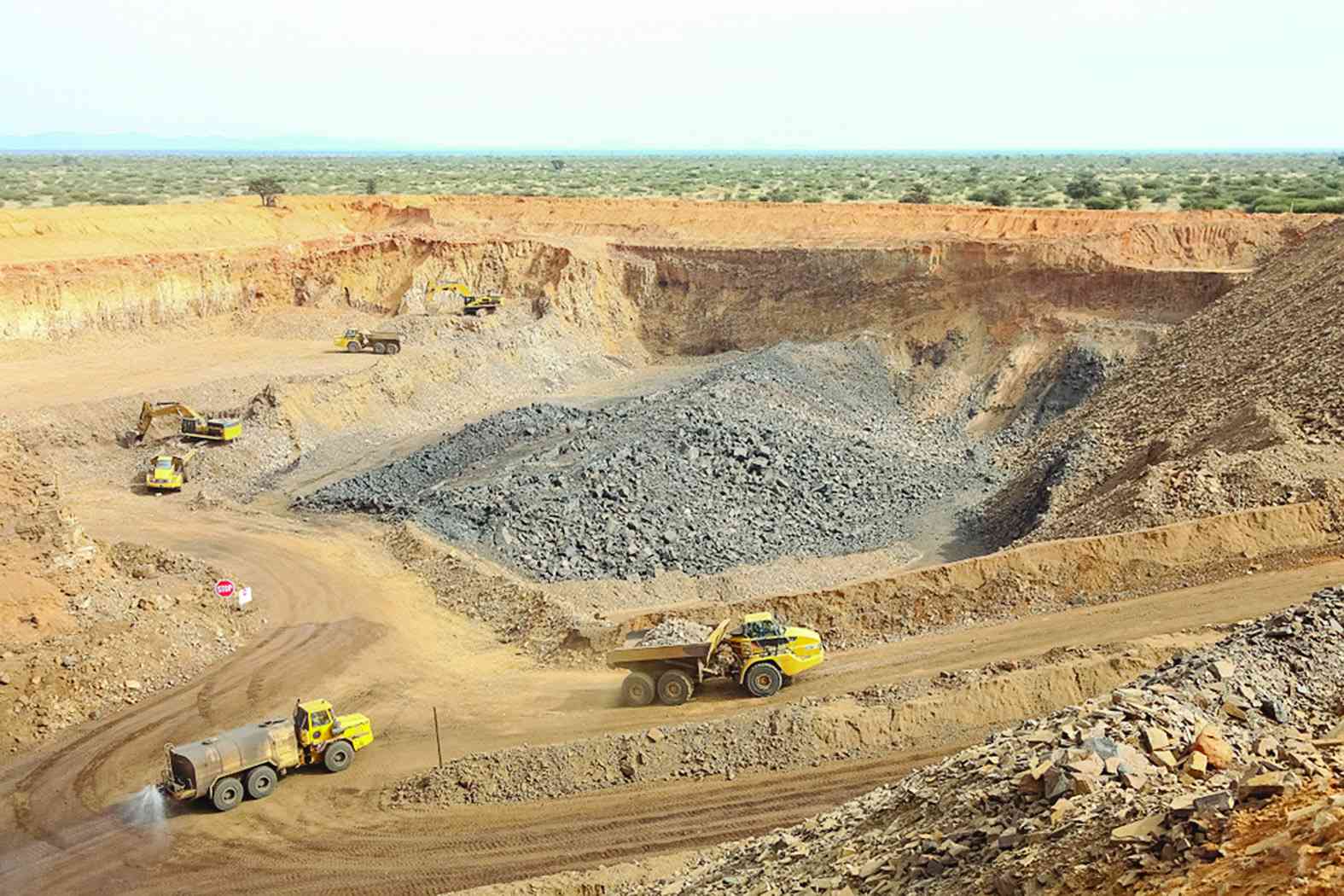
Two firms have flagged the impact of Chinese miners on the local market.
Drilling and blasting company KW Blasting recently bemoaned loss of business opportunities to the increasing dominance of Chinese miners who prefer contractors from their country to locals.
“The biggest challenge is the entry of Chinese clients. Most lithium mines are now run by Chinese companies and they bring their contractors,” KW Blasting operations manager Sebastian Nyagona said.
“We have lost jobs there. The same is happening in coal mining, where they have also taken over with their service providers.”
In its financial results for the year ended December 31, 2024, one of the largest manufacturers and distributors of global brands in sub-Saharan Africa, Zimplow, sang from the same hymn sheet.
“Chinese mines, which currently make up approximately 80% of all mines, generally buy exclusively from Chinese suppliers, reducing the rest of the mining equipment suppliers to 20% of the market, which leads to further pressure on margins,” the company said.
According to Zimplow, locals are scrambling for crumbs.
The concerns of the two companies mirror the predicament of firms in all sectors of the economy in the face of government’s drive to lure investments under President Emmerson Mnangagwa’s “Zimbabwe is open for business” mantra.
- The brains behind Matavire’s immortalisation
- Red Cross work remembered
- All set for inaugural job fair
- Community trailblazers: Dr Guramatunhu: A hard-driving achiever yearning for better Zim
Keep Reading
The Mnangagwa administration has been on a drive to attract foreign investors to accelerate growth and the pace towards achieving an upper-middle-income economic status by 2030.
The government has also reviewed the indigenisation legislation, which “allows for increased foreign investor participation in the domestic economy”.
It has pledged to honour its obligations under various Bilateral Investment Promotion and Protection Agreements which guarantee the safety of all foreign investments, notwithstanding origin.
However, the seemingly noble gesture is eating into the cake of local firms that religiously pay taxes and surrender 30% of their proceeds to the central bank for local currency at the prevailing exchange rate.
In most instances, such foreign investors enjoy incentives such as tax exemption. There are also concerns that some of the foreign investors are “cutting corners”— paying below minimum wages, dodging taxes and not using formal banking channels.
It's high time we reverted to the drawing board and strike a balance between the need to attract foreign direct investment and the survival of local companies.
There are certain services or raw materials that should be procured locally so that we create employment for the burgeoning population.
Locals cannot be passangers in the economy.
We have seen Chinese firms bringing everything from China, including menial labour. Does it mean that locals cannot push wheelbarrows or make tea?
We cannot import menial labour.






